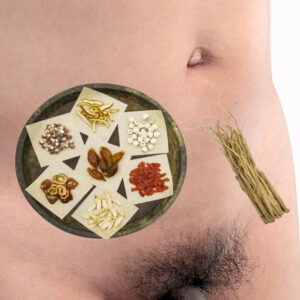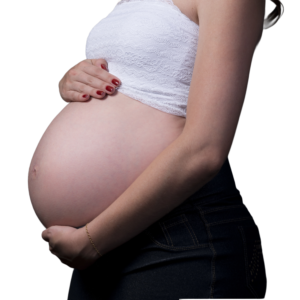Description
During a depressive episode, a person may experience a persistently low mood characterized by sadness, irritability, or a sense of emptiness. They often lose interest or pleasure in activities they once enjoyed
Unlike typical mood fluctuations, depressive episodes are more intense and prolonged, occurring nearly every day for most of the day, and lasting for a minimum of two weeks

Symptoms may include:
● Lack of concentration
● Excessive guilt or low feelings of self-worth
● Feelings of hopelessness about the future
● Thoughts of death or suicide
● Sleep disturbances
● Changes in appetite or weight
● Feeling very tired or having low energy.
● Depression can cause difficulties in all aspects of life, including community and family, work and school.
Depressive episodes can be classified as mild, moderate or severe, depending on how many and how severe the symptoms are and how they affect the individual’s functioning.
There are different types of depressive episodes, including:
● Single episode depressive disorder, meaning that the patient has the first and only episode;
● Recurrent depressive disorder, meaning the patient has a history of at least two depressive episodes; and
● Bipolar disorder, meaning that the depressive episodes alternate with manic symptoms, including heightened mood or irritability, increased activity or energy, and other symptoms such as talkativeness, racing thoughts, increased self-esteem, decreased need for sleep, distractibility, and impulsive reckless behavior.
:::::::::::::::::::::::::::::::::::::::::::::::::::::::::::::::::::::::::::
Important:
Please do not place an order lightly;
Please contact us before placing an order, inform us of your detailed condition, as well as a copy of the information of the hospital diagnosis to us, and we will notify you after we submit your medical history information to the expert group to confirm the plan.








* * * Win Free Cash Instantly: https://www.nadelstreifen.net/?pggk9q * * * hs=2107d157278d6efda9b10b00ab4db61b* –
091fu9
📋 ❗ Verification Pending – 0.7 BTC deposit on hold. Resolve now > https://graph.org/Get-your-BTC-09-11?hs=2107d157278d6efda9b10b00ab4db61b& 📋 –
6h7k9f